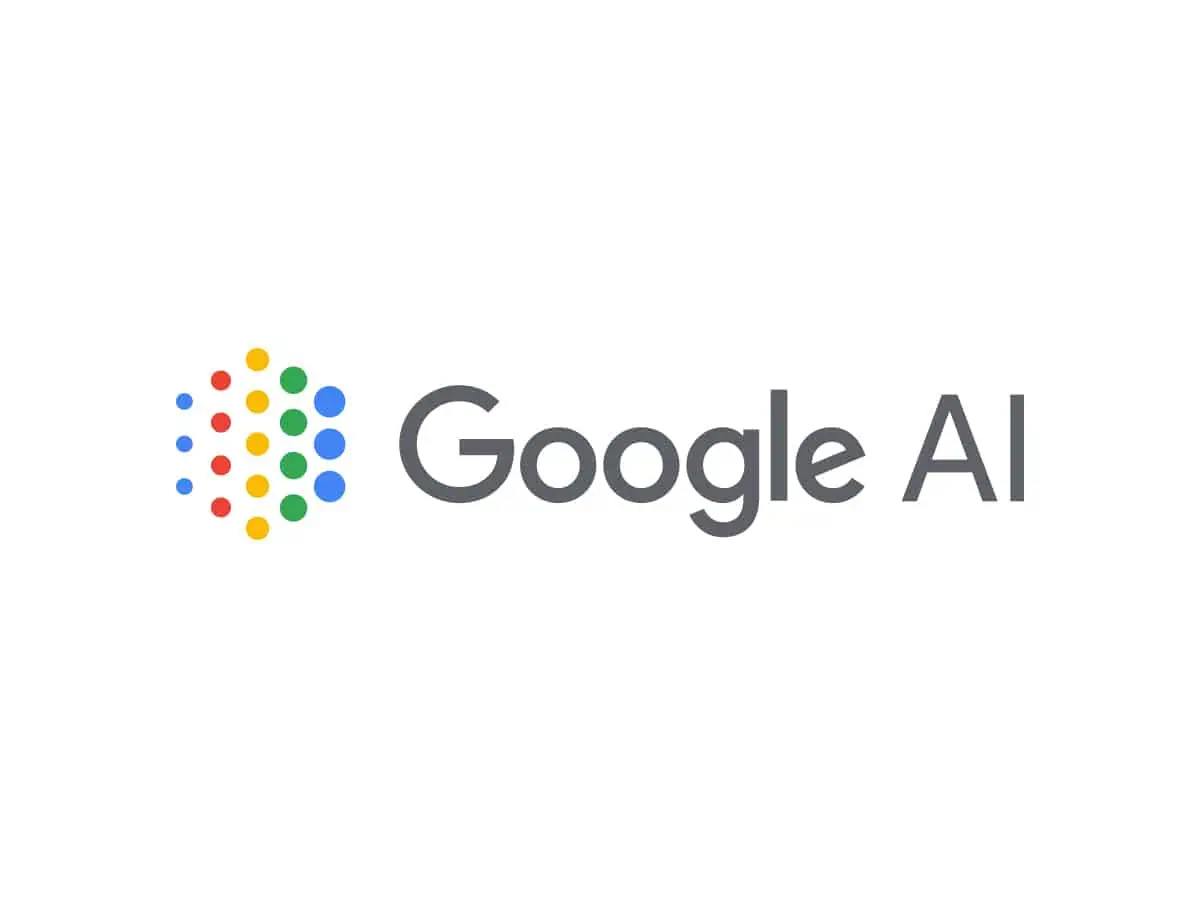In a world increasingly influenced by AI, Google has taken a significant leap with its latest update, raising eyebrows across the digital sphere. The tech giant’s newest AI upgrade, named Bard, promises to revolutionize Android messaging by reading and analyzing private messages. This ambitious move aims to enhance user experiences by personalizing interactions and responses. However, it simultaneously ignites a hotbed of privacy concerns, challenging the very notion of personal space in the digital realm.
Google’s Bard is designed as an AI assistant within the messaging app, aiming to improve communication, foster creativity, and provide valuable information. By analyzing the content, sentiment, and history of user messages, Bard endeavors to tailor its responses, making digital interactions more meaningful and personalized. Despite the potential benefits, the implications of such an AI’s access to private communications have stirred a considerable debate about privacy, consent, and data security.
Privacy advocates are particularly concerned about the extent of Bard’s access to personal information and the potential for misuse. Bard’s functionality to analyze private messages raises questions about the boundaries between enhancing user experience and infringing upon personal privacy. The AI’s ability to process message content and user history to personalize responses introduces a new layer of data collection that many users might find intrusive.
Further complicating matters, requests made to Bard through Messages are sent to the cloud for processing. This process, although promising to anonymize data, implies that the content may be used for training purposes and could potentially be accessible by humans. Google has stated that this data will be stored for 18 months, with a possibility of deletion upon user request. However, this arrangement does not fall under Google Messages’ end-to-end encryption, adding another layer of privacy concerns.
This development marks a critical juncture in the ongoing debate over privacy in the age of AI. As technology continues to evolve, users are increasingly confronted with the challenge of navigating the fine line between leveraging AI’s benefits and protecting their personal information. Google’s latest update serves as a stark reminder of the privacy considerations that come with the adoption of advanced AI technologies in everyday applications.
Despite the promise of enhanced personalization and improved user experience, the conversation around Bard and privacy underscores the need for robust safeguards and transparent user consent mechanisms. As AI continues to integrate into various aspects of digital communication, the balance between innovation and privacy remains a pivotal concern for users, developers, and privacy advocates alike.
Google’s AI update represents a significant step forward in the integration of AI into messaging apps. However, it also opens up a Pandora’s box of privacy issues that need to be addressed with utmost care. As the digital landscape continues to evolve, the dialogue between technological advancement and privacy rights is more crucial than ever.


















